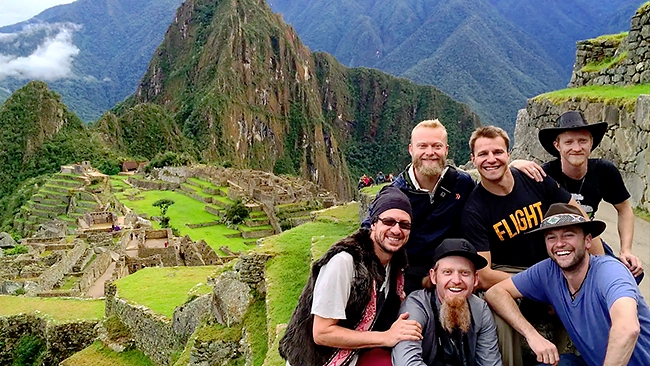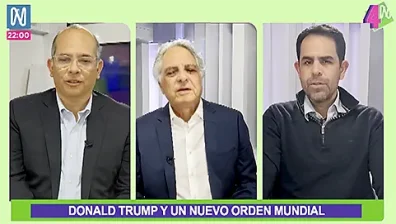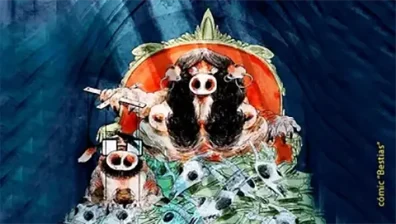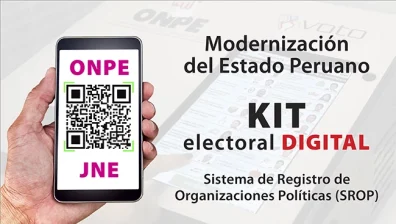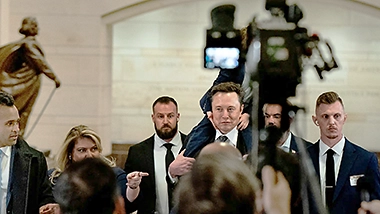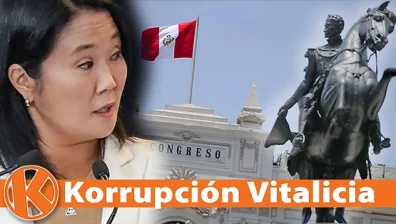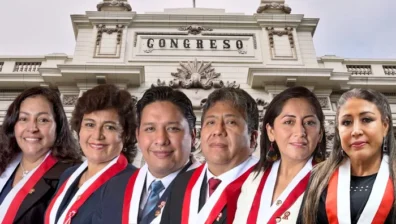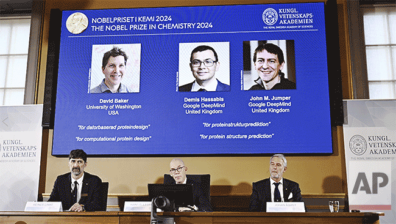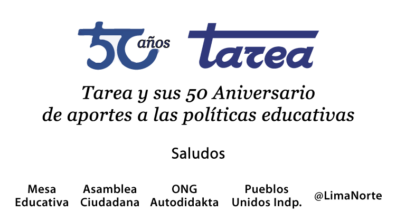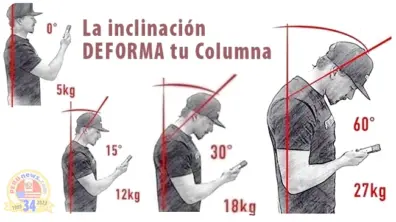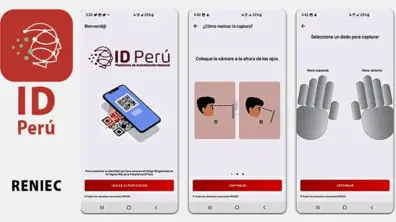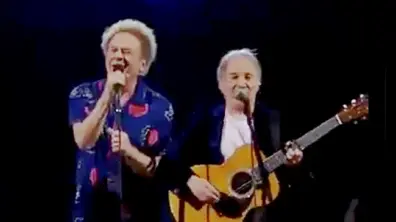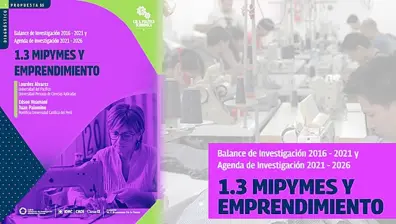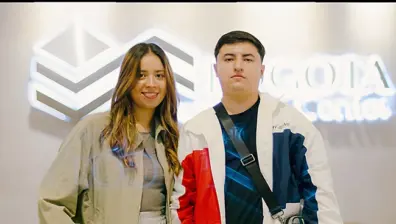Psychedelics and tech entrepreneurship have long gone hand in hand. Steve Jobs experimented with LSD. Bill Gates dropped acid on occasion.
Ayahuasca, a psychedelic drug that induces mind-boggling hallucinations, is Silicon Valley’s latest infatuation. Tim Ferriss, a well-known angel investor, recently described it to The New Yorker as being as ubiquitous as «having a cup of coffee.»
While you won’t find people sipping on ayahuasca in Starbucks, an increasing number of entrepreneurs swear by the plant — which contains DMT, an ingredient designated Schedule I by the Drug Enforcement Administration — as a method of professional and personal development. Businesses have sprouted to facilitate demand.
One outgrowth of the trend is Entrepreneurs Awakening, a professional retreat program founded in 2012 and based in San Francisco.
Each year, a small group of entrepreneurs from around the world joins Entrepreneurs Awakening in Peru, where ayahuasca is legal, to partake in a traditional ayahuasca tea ceremony. About 50 people from hardware, software, and financial tech startups have passed through the program so far. A significant number come from the Bay Area.
Ayahuasca grows in the Amazon and has been used by indigenous tribes for spiritual healing for thousands of years. The hallucinations induced by the plant are said to be so life-altering that some users compare it to having a near-death experience. The body breaks it down in such a way that it leaves users high for hours, according to the National Institute on Drug Abuse.
Entrepreneurs Awakening uses the jungle vine to help clients come to terms with their weaknesses and find shortcuts to success in the ultracompetitive tech scene.
«This is a total hack. You can sit in therapy for six years, or you can come to Machu Picchu for a week,» Michael Costuros, founder of Entrepreneurs Awakening, told Business Insider. «You choose: red pill, or the sugar pill?»
Over 10 days, participants see the sights in the Andes mountains, try local food, and get high on sacred plant-medicine. Costuros guides them through their spiritual journey, and provides executive coaching for a month before and a month after the excursion.
One of the earliest reports of Europeans stumbling upon ayahuasca comes from a group of Jesuits traveling through the Amazon in the 18th century. They called the tea a «diabolical potion» responsible for depriving a member of «one of his senses and, at times, of his life.»
Research on the effects of the ayahuasca brew, which is made from mashing or boiling the pulp of the Banisteriopsis caapi vine, has trickled outside scientific circles in recent years. It caught on among open-minded adventurers.
By the mid-2000s, social-media-savvy retreat centers in Peru spread word of the plant’s magic. This gave birth to ayahuasca tourism, in which people such as those on the Entrepreneurs Awakening trips visit the Amazon to experience ayahuasca.
These days, Costuros — a tech entrepreneur-turned-mentor who joined an executive-coaching firm in 2015 — receives hundreds of applications annually to fill 20 spots over two trips. Most come from tech entrepreneurs. The clientele is part of the draw for many participants. Their fellow travelers face similar pressures and share the same passions.
The first few days of the journey are filled with hiking and exploring the nearby markets. Participants eat artisanal breads, alpaca, guinea pig roasted over a fire spit, fruit, and chocolate.
On day four, they prepare for a nighttime ayahuasca ceremony. They fast, exercise, and ponder their anxieties, fears, hopes, and aspirations in individual consultations, Costuros says.
The adobe temple that Entrepreneurs Awakening rents out for the retreat is in the Sacred Valley of Peru, located between Cusco and Machu Picchu. It overlooks the Andean highlands and includes two washrooms for the inevitable pukefest. (Ayahuasca causes intense vomiting — or as fans of the plant prefer to call it, «purging.»)
Participants take their places on mats and wait for the shaman, whom Costuros has worked with for years, to give them their tea. They focus on their intentions while they wait up to an hour for the hallucinogen to kick in.
Under the influence of ayahuasca, the everyday world becomes extraordinary. Costuros compares the experience to entering a lucid dream. One attendee tells me she left her body and saw herself as a girl in her childhood bedroom. Another past participant describes wandering around inside his intestines, much like an episode of «The Magic School Bus.»
Passersby would see nothing but a group of sleepy tourists curled into balls.
Four to five hours later, the group fizzles. Some gather in clusters outside the temple, where they excitedly swap stories. Others retreat to their beds in silence.
Then the cycle repeats. Talk. Hike. Eat. Relax. Question your humanity. Fast. Get high.
While the NIDA has no findings on the addictive quality of ayahuasca, few people are one-and-done users, according to Costuros.
«I’d say what’s driving them to it is FOMO» — fear of missing out — «to be totally f—ing honest,» Costuros said.
«But what they’re getting out of it and maybe why they do it a second time — after they’ve already gotten the notch in their belt, why would they do it again? — is the results.»
Sebastian, who asked we not include his full name for fear of repercussions for his business, came to Silicon Valley in 2009 because he wanted to run his own company.
In three years, his venture-backed startup grew from four employees to 120. He was inundated with feedback on how best to structure the company and consumed by the typical founder questions. Are we spending too fast? Do we need more structure? Am I a good leader?
Sebastian brought Costuros and one other executive coach on board to help him sort through these questions. In 2013, he signed up for a trip to Peru.
Costuros says these stories are not uncommon. Most entrepreneurs arrive in Peru slightly unhinged from the pressure they’re under from investors, employees, peers, and customers.
There, among trained facilitators and fellow entrepreneurs, they’re free to air their insecurities in a judgment-free zone.
Jordan Baker, the founder of a productivity app called Focuster and a past Entrepreneurs Awakening participant, hesitated for some time before enrolling. The $10,000 he paid in 2012 was a lot of money for someone in need of funding for his year-old startup. But he eventually saw the program as a business expense. Baker had shelled out for Tony Robbins’ seminars before, and this was as much a networking opportunity as a spiritual retreat.
Every attendee Business Insider spoke with said the same thing: What makes the program worth it is the integration, which is Costuros’ term for taking the insights gleaned from ayahuasca ceremonies and putting them into practice. It’s harder than it sounds.
Melia Robinson / BusinessInsider
Compartir esto::
- Haz clic para compartir en Twitter (Se abre en una ventana nueva)
- Haz clic para compartir en Facebook (Se abre en una ventana nueva)
- Haz clic para compartir en LinkedIn (Se abre en una ventana nueva)
- Haz clic para compartir en WhatsApp (Se abre en una ventana nueva)
- Haz clic para compartir en Pinterest (Se abre en una ventana nueva)
- Haz clic para enviar un enlace por correo electrónico a un amigo (Se abre en una ventana nueva)

